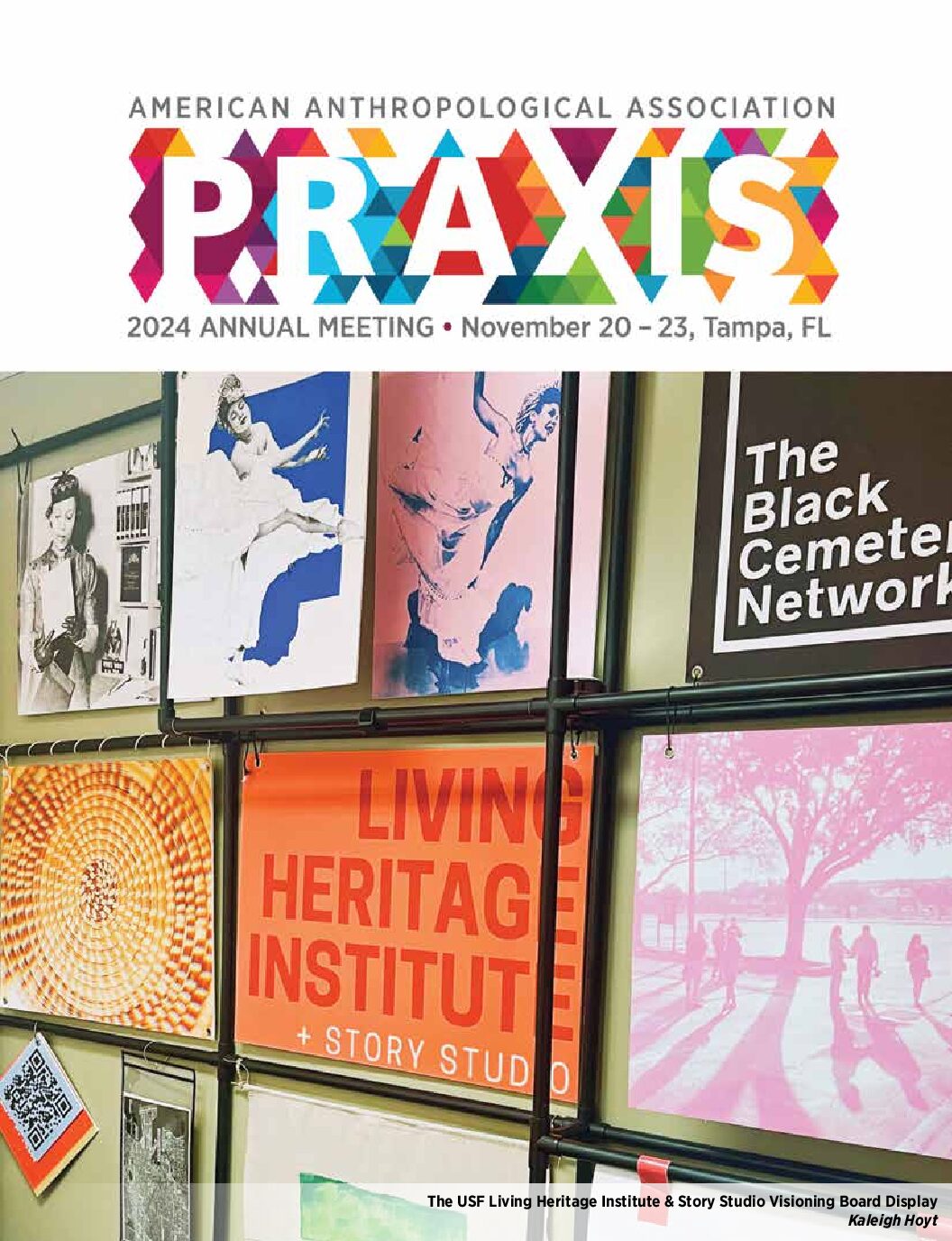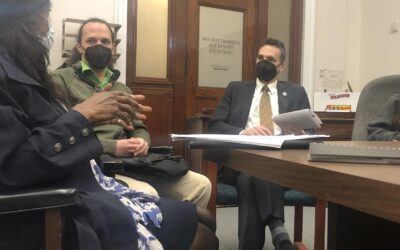AAA Annual Conference in Tampa – ASAP Sessions
ASAP-Sponsored Sessions:
Governing through simplification (1590)
22 November 10.15-11.45 Marriott WS
Room 6
Oral Presentation Session
To govern is often to simplify reality into manageable ideas and data that can be turned into policy. In this way, governing is formed around rational logic, whereby knowledge about the world is turned into a model, a number, an indicator, a label, a standard, a certification, an algorithm. This type of rationalized knowledge occupies a pivotal place in attempts at improving contemporary governance, informing and shaping both social and organizational practice/praxis in the public, private and civil sector.
In other words, reliance on these kinds of condensed forms of knowledge, or simplifications, entails the use of “thin” rather than “thick” descriptions. It is about readily available facts in easily digested form, as a model or an indicator, which are preferred over detailed stories. It is the general, abstract forms of knowledge that are chosen over idiosyncratic knowledge. Thus, in most policy making processes systematized and codified forms of knowledge are relied upon rather than complex, contradictory, and the disordered forms of knowledge-the knowledge of
anthropology. These phenomena raise compelling questions about the types of knowledge used in policy making processes and organizational practice/praxis.
The aim of this panel is to explore the praxis of policy with particular focus on processes of simplification in order to govern. The panel thus inquiries into the workings of simplification in different policy and organizational settings. The session will provide a space for participants to discuss and investigate simplification’s agentive powers, and what roles they play in policy practices. What kinds of organizational, emotional and material processes do they set in motion, and what policies and decisions do they engender? Finally, which real effects do they have, not only on the targets of policy-that is, the objects of government- but on the persons and institutions meant to interpret and enforce them? We draw on a range of papers to shed ethnographic and/or theoretical light on the complexities involved in making simplification as well as the policies and material outcomes it is meant to facilitate.
Papers:
- Rebecca Peters: Simplification through Comparison: Governing Infrastructure in Western Zambia
- Theodore Powers: Abstraction, Simplification, Violence: COVID-19 and the Return to “Normal” in the United States
- Molly Sundberg: Simpler for whom? Framework agreements and transference of bureaucracy and relational labour from donors to consultants in developing contracting
- Susann Baez Ullberg: Agua pura? Water Quality Assessment by Simplification and Technolegal Water Governance in the Andrean Highlands
- Renita Thedvall: Simplifying Reality Into Algorithm.
Video Installation by Decolonizarte TEATRO
In recent years, there has been an increase in hate politics across the US to depend the marginalization of people of colour, LGBTQ+ people, immigrants, and people at the intersection of multiple minoritized identities. Florida has arguably attracted more attention than other states for these policies, resulting in erasure of the lives of many people, particularly queer people of color and immigrants, who actively resist these efforts. This Exhibit shares the stories of some individuals actively pushing back against hate in Florida. We envision an exhibit like an audio/visual museum exhibit in which attendees enter a draped space and watch/listen to recorded stories from local activists in Florida.
Co-Sponsored Panels
Backlash Against Women’s Victories. The Shift to Authoritarianism and Right-Wing Populism and the Onslaught on Women’s Rights and Autonomy (3108)
Co-Sponsored with Association of Feminist Anthropology
Papers:
- Sule Can: “Me Rihna Nehna Hon”: State Violence and Women’s Resistance in the Post-Earthquake Antakya/Turkey
- Dina Siddiqi: Rethinking Backlash: Laboring Bodies and Populist Aspiration in Bangladesh
- Lola Bessis: Red Lights and Realities: Thailand’s Complex Relationship with Sex Tourism
- Victoria Leigh Brown: The Desertification of Maternal Autonomy in the Missouri Bootheel
- Carmen Ferradas: Onslaught on Feminist Victories: What Javier Milei’s Chainsaw is Doing and How Women are Resisting.
The Promise and Perils of Evolving North American Temporary Labor Programs (3488)
Co-Sponsored with Society for the Anthropology of Work
Roundtable/Town Hall in person
- Tristan Call, Spelman College, Department of Sociology &
Anthropology - James Daria, Spelman College, Department of Sociology &
Anthropology - Lidia Munoz, Spelman College, Department of Sociology &
Anthropology - Emilia Guevara, University of Maryland, College Park
- Lisa Meierotto, Boise State University
- Zoe Castell, Dalhousie University, Department of Sociology and Social
Anthropology - Christian Zlolniski, University of Texas, Arlington, Department of
Sociology & Anthropology


